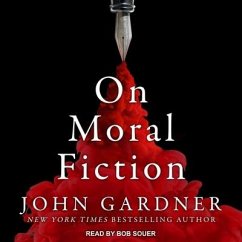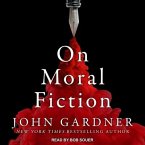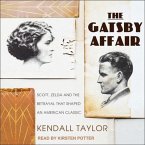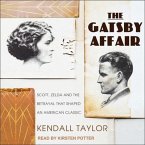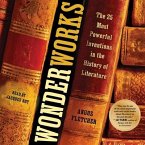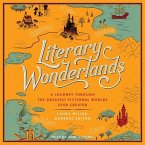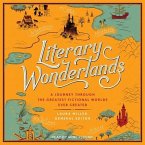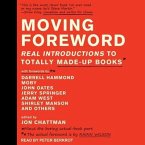Fearless, illuminating criticism from a New York Times bestselling author and legendary teacher, proving . . . that true art is moral and not trivial (Los Angeles Times). Novelist John Gardner's thesis in On Moral Fiction is simple: True art is by its nature moral. It is also an audacious statement, as Gardner asserts an inherent value in life and in art. Since the book's first publication, the passion behind Gardner's assertion has both provoked and inspired readers. In examining the work of his peers, Gardner analyzes what has gone wrong, in his view, in modern art and literature, and how shortcomings in artistic criticism have contributed to the problem. He develops his argument by showing how artists and critics can reintroduce morality and substance to their work to improve society and cultivate our morality. On Moral Fiction is a must-listen book in which Gardner presents his thoughtfully developed criteria for the elements he believes are essential to art and its creation.

